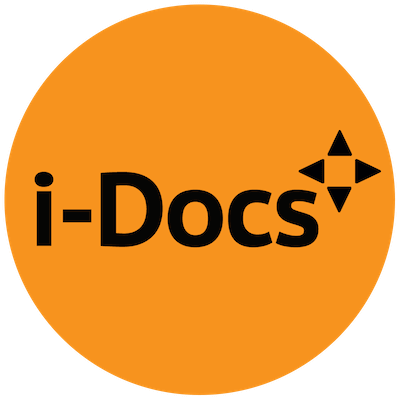Yesterday France Television launched “The End, etc…“, a new web-native experiment by French film director Laetitia Masson. This is what I would call an interactive hybrid: interviews, fiction and database narrative are all mixed together to find a new way to question what “engagement” might mean in our contemporary society.
As Boris Razon (Director of FranceTV’s Nouvelles Ecritures) explains, while France was in the middle of its political campaign last year, the media were bombarding the screens with political messages, but very little was done to check if the link between the social and the political has changed. France is in crisis, Europe is in crisis, what do people still believe in? Is politics just about a programme or is it first at all a spirit of engagement with life, with “the other”, with what matters?
This is not an easy theme… and it is interesting to notice that France Television has not chosen a liner movie to address such social issue. What they have worked on, with Laetitia Masson, is a database narrative, where 4.5 hours of short films and interviews are a pool of data from which only 5 to 15 minutes are edited on the fly for the user. Here is how it works: when you first enter The End, etc you have the choice of three keywords, out of a pool of words such as family, politics, body, happiness, work, fear, etc… The three selected keywords will then assemble a short movie, made of three segments, that is “your” movie and you can watch it linearly. Since each segment has a one word title – the narrative is clearly segmented by topic – but what is weird is that a segment might be an interview with a famous person, or just a vox-pop, and the next one might be a totally fictional art movie. Once you have finished you can select other words, add keywords yourself or send your movie to your social group.
I experimented with three key words: family, body and happiness.
The first time I tried this combination I had the following result: first a French psychoanalyst answered questions about happiness and personal balance (that felt bizarre, as there was no introduction to it: why was she speaking to me about questions I did not ask?), then a piece of fiction continued showing a girl (was she supposed to be a prostitute?) questioning a man she did not know well why he was not ready to love (this felt very artificial, as the script was clearly a script, and the actors where clearly acting, so there was a clash with the “interview” mode of the previous psychoanalyst). Finally, after the title “politics” a fictional talking heads followed. This was OK, but the aim of the short movie was unclear.
The second time I entered the same three keywords I had a different proposition: this time it started with a music video-clip of a song about life, I then got into a fictional short movie of a girl speaking with her mother about trust and abuse (but that was quite surreal, as the mother was dressed as Marie Antoinette) and finally I moved into a long vox-pop with Cyntia Limea, a young girl just arrived from the Antilles, that was describing how different life is in France and how stress, and the constant feeling of rushing, is new to her (“you got a point there”, I though, life does not “have” to feel as if on the verge of constantly missing a train… maybe I should move to the Antilles!).
Anyway: after my second exploration of The End, etc.. I paused. This felt wired, at the same time quite experimental, but also “deja vu”. What was the difference between The End and Korsakow projects? While in Korsakow you wait for one segment to be finished to select the next one, here you select three options at the beginning and then you lean back and watch. So was this more like Manovich’s Soft Cinema? Not really either… as in Soft Cinema the software makes the choices for you, and you are totally unaware of the links between the short movies (there is really no clear narrative).
So is The End a new beginning, or is it just going back to the beginnings of database narrative?
There is a feeling of engagement in choosing your keywords. This fits with the theme of the piece: responsibility for our actions and beliefs. But with engagement comes expectation. So, once I have chosen I expect something that makes sense to me. And yet, here The End proves to be everything BUT clear. The mixture of topics, increased with the mixture of narrative styles, is, if anything else, destabilizing. Destabilizing, but not completely sense-less. I am left with the need to make sense of the clues, without knowing if I really want to. Am I really bothered?
It is at this point that I realized that I was embodying the real question of the project: “am I really bothered about the movie” has similar roots with “do I really want to make the effort of finding my point of view”?, which has a corollary “am I really bothered by the political future of France and do I want to make a difference”?
As I watched again the trailer of The End etc… I found myself giving more weight to the initial sentence of the trailer “le seul engagement qui vaille le coup est l’engagement de sois vis-a-vis de l’autre, ca c’est politique” (“the only engagement that counts is the one towards the other, this is political”). And as I started to get out of my limbo of semi-passive audience I decided to write this blog. I had to “make sense of” and find my voice.
Sandra Gaudenzi
